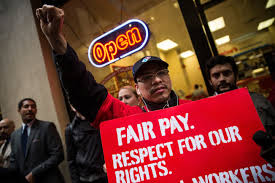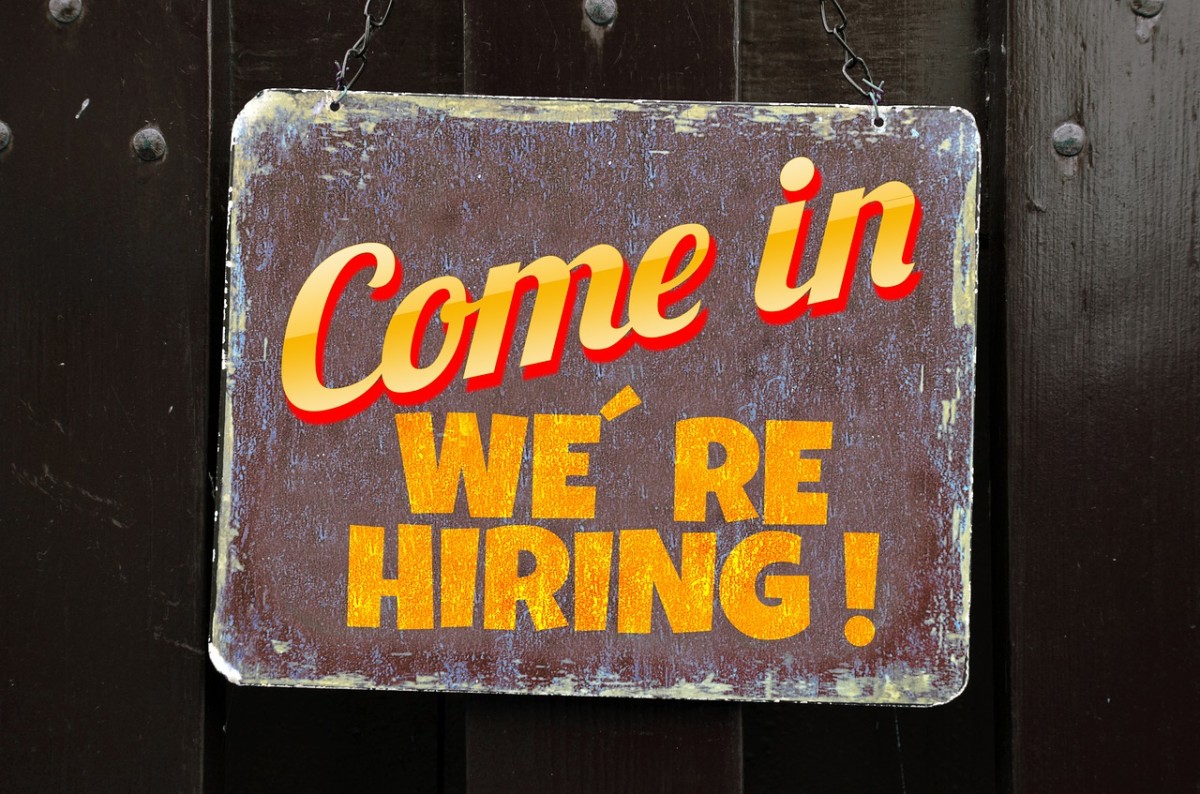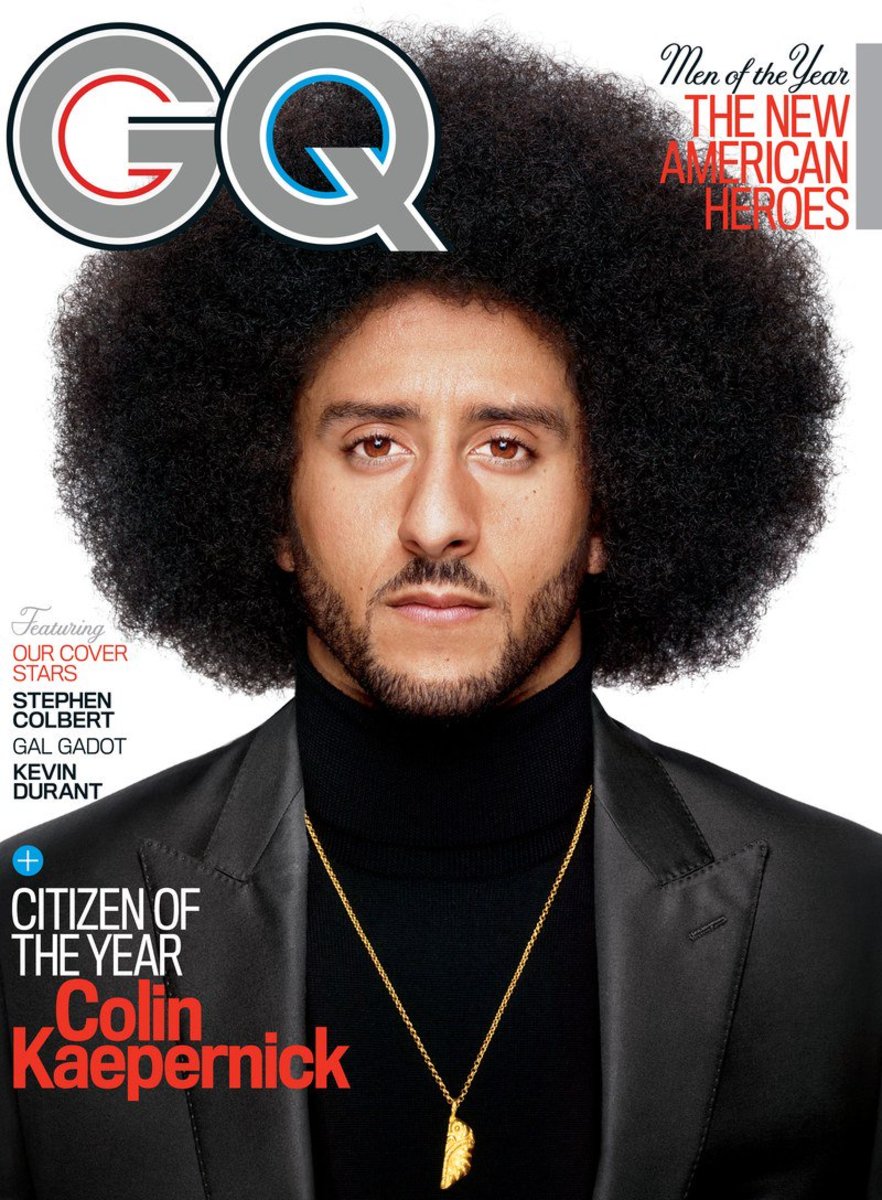Should the Minimum Wage be Raised?

Is the American Dream fading?
As most celebrated the beginning of the new year, few realized that with the changing of the calendar an estimated 3.1 million United States citizens will be getting a pay raise. For over a decade the heated debate over whether or not the minimum wage should or should not be raised has raged on but for twenty-one states, the struggle for fair wages ended in a victory for employees. Sadly, not all believe that this will have a positive outcome for the American worker or for the American economy.
In 2014, Pew reported that 50% of voters would more likely vote for a candidate who supported raising the minimum wage. Which is why the Democratic Party brought it to the forefront of their platform for the 2014 mid-term election. The election didn't bring about the results that the democrats hoped for but their defeat was more of a reaction to Obama's controversial policies rather than public opinion against raising the minimum wage. With the gap between the rich and the poor growing wider than ever, the average American is wondering what exactly is the American dream. After all, we are taught from childhood that with hard work one can achieve anything but in recent years this is becoming more of a myth than a reality. As according to Sadoff Investment Research the average American brings in $30,000 or less. This is an astounding trend that has increased since the mid-1970s. With the cost of living growing higher each year and salaries remaining the same, Americans are facing a economic hardships more than ever.
Why We Shouldn't Raise the Minimum Wage
Critics argue that raising the minimum wage, especially after a recession would be detrimental to our economy. Since small businesses, who are already struggling to stay afloat, would have to increase pay for its employees, which could result in them having to close their doors permanently. Resulting in an unfortunate reality that could stall the American economy for decades.
This is a complex issue with solid points on both sides but a few things to take into consideration when deciding which side you are on pertaining to the minimum wage issue is that while the federal minimum is $7.25, twenty states have a higher minimum wage. In fact, even most low-skill workers make over the federal minimum wage.
There is also an argument that can be made as to just how constitutional a federal minimum wage really is. In the opinion of the Supreme Court in the 1923 case Adkins v. Children's Hospital of District of Columbia, the court deemed a minimum wage a violation of the constitutionally guaranteed freedom of contract in the Fifth Amendment. There opinion reads: "To the extent that the sum fixed exceeds the fair value of the services rendered, it amounts to a compulsory exaction from the employer for the support of a partially indigent person, for whose condition there rests upon him no peculiar responsibility, and therefore, in effect, arbitrarily shifts to his shoulders a burden which, if it belongs to anybody, belongs to society as a whole.” However, in the 1937 case West Coast Hotel v. Parrish they reversed the ruling by a five to four margin.
Should the minimum wage be raised?
Why We Should Raise Minimum Wage
With more money in their pockets, Americans would most likely spend these earnings, which automatically helps the economy. Supporters of raising the minimum wage do not deny that small businesses would suffer with the increase in salaries but they argue that the trade-off would be that Americans would use their new found money to stimulate the economy and by doing so, would be more prone to create businesses of their own.
By raising the minimum wage fewer people would need government assistance and as a result government spending on helping the poor would decrease dramatically. Adding a few dollars to those in the working class would give them the ability to not only get out of debt but would also revitalize the middle-class which has been in a steep decline the past few decades.








